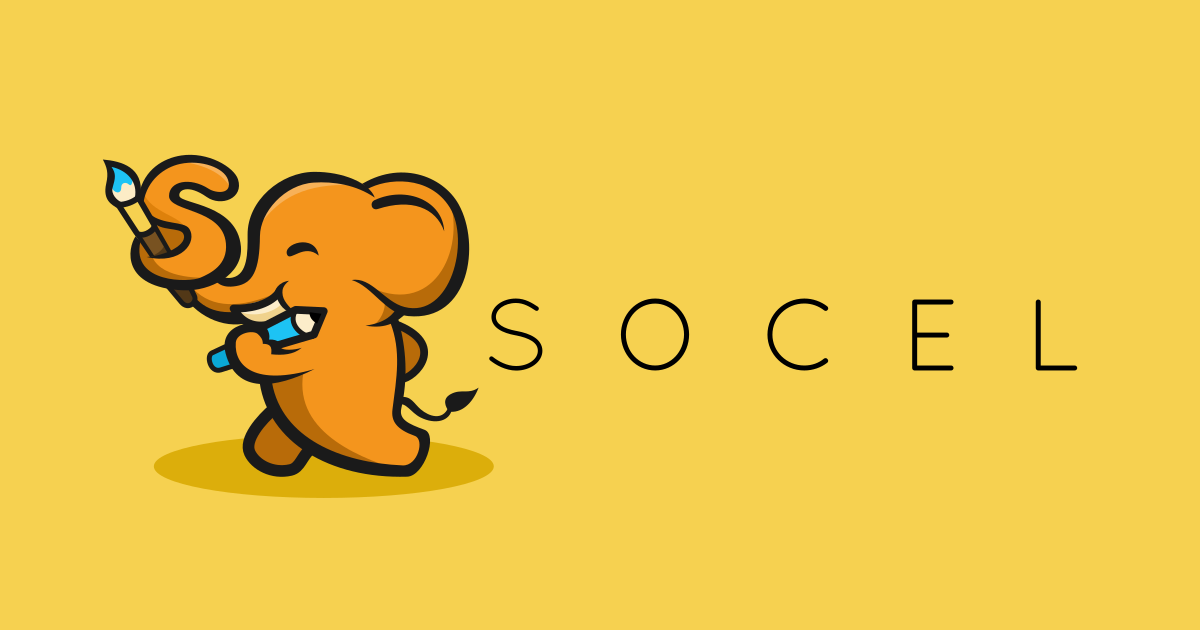"At the Department of Housing and Urban Development, a college undergrad has been tasked with using AI to find where HUD regulations may go beyond the strictest interpretation of underlying laws. (Agencies have traditionally had broad interpretive authority when legislation is vague, although the Supreme Court recently shifted that power to the judicial branch.) This is a task that actually makes some sense for AI, which can synthesize information from large documents far faster than a human could. There’s some risk of hallucination—more specifically, of the model spitting out citations that do not in fact exist—but a human needs to approve these recommendations regardless. This is, on one level, what generative AI is actually pretty good at right now: doing tedious work in a systematic way.
There’s something pernicious, though, in asking an AI model to help dismantle the administrative state. (Beyond the fact of it; your mileage will vary there depending on whether you think low-income housing is a societal good or you’re more of a Not in Any Backyard type.) AI doesn’t actually “know” anything about regulations or whether or not they comport with the strictest possible reading of statutes, something that even highly experienced lawyers will disagree on. It needs to be fed a prompt detailing what to look for, which means you can not only work the refs but write the rulebook for them. It is also exceptionally eager to please, to the point that it will confidently make stuff up rather than decline to respond.
If nothing else, it’s the shortest path to a maximalist gutting of a major agency’s authority, with the chance of scattered bullshit thrown in for good measure."
https://www.wired.com/story/doge-is-in-its-ai-era/?utm_brand=wired&utm_social-type=owned&utm_source=twitter&utm_medium=social&utm_campaign=aud-dev















